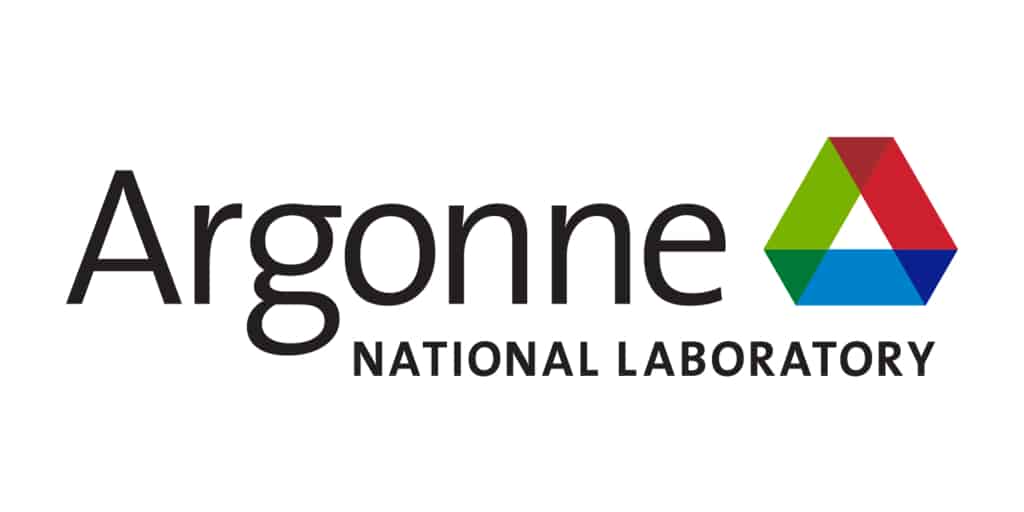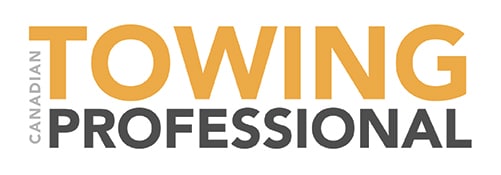LEMONT, Ill.–(BUSINESS WIRE)–Global sales of electric vehicles (EVs) increased from 716,000 vehicles in 2015 to 10.6 million vehicles in 2022. Meanwhile, demand rose for the materials used in EV batteries such as graphite, cobalt and lithium.
As demand jumps for these critical materials, which are sourced from all over the world, the risk of disruption to supply chains also increases. One way the United States can reduce supply chain risks is to develop a strong domestic manufacturing sector with a diverse set of producers, according to a new report developed by researchers at the U.S. Department of Energy’s (DOE) national laboratories, including Argonne.
The report, titled the 2023 Critical Materials Assessment, “draws upon mature expertise in complex supply chains and our understanding of the underlying causes of disruptions,” said Allison Bennett Irion, director of supply chain research at Argonne. “It can help strengthen America’s energy security and help decision makers focus on the right clean energy technologies.”
The report lists materials deemed critical and near-critical to clean energy and decarbonization technologies through 2035, along with insights about why certain materials may be less secure or particularly scarce. Findings from the report include supply chain risks from a global rise in use of electricity and a greater emphasis on renewable and green technologies, such as electric vehicles, wind turbines and LEDs.
This information can help guide research and development efforts. It can be used to determine the eligibility of projects for clean energy tax credits available via the Inflation Reduction Act of 2022. Bennett Irion and Braeton Smith, an economist at Argonne and the report’s co-author, have expertise in studying trends in the market for rare earth minerals — neodymium, praseodymium, dysprosium — that are used in magnets for EV motors, wind turbines and other clean technologies.
Argonne helped produce several supply chain reports in response to the 2021 Executive Order on America’s Supply Chains. Argonne also helped develop a global critical materials agent-based model which is used to forecast market dynamics by modeling decisions that producers and consumers might make.
The 2023 Critical Materials Assessment was funded by the Advanced Materials and Manufacturing Technologies Office within DOE’s Office of Energy Efficiency and Renewable Energy.
Contacts
Christopher J. Kramer
Head of Media Relations
Argonne National Laboratory
Office: 630.252.5580
Email: media@anl.gov



.jpg)
.jpg)

















